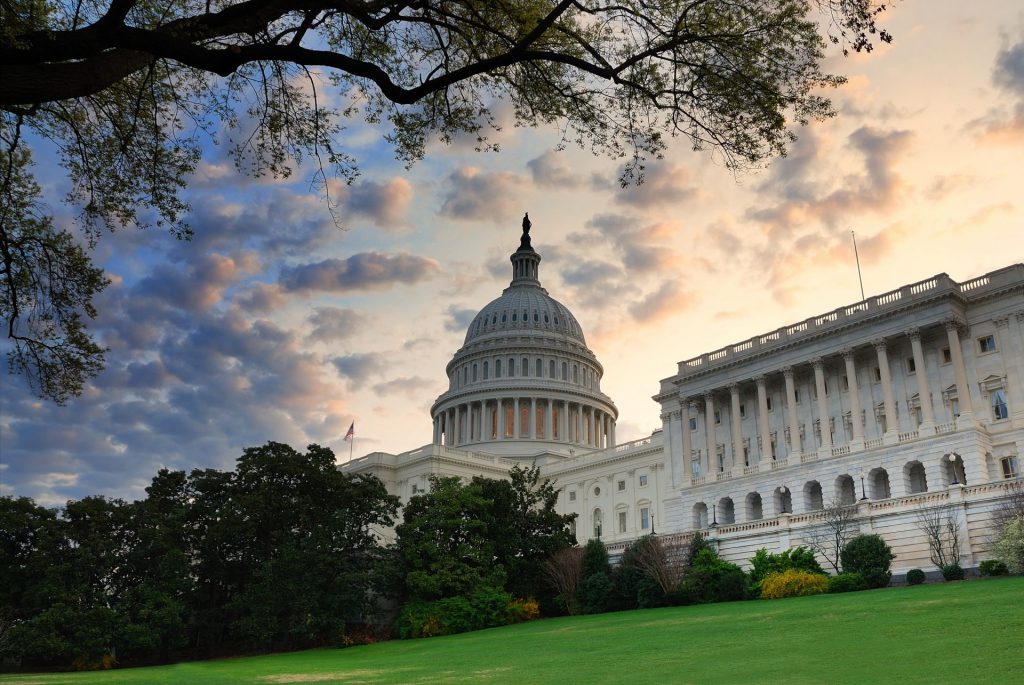
The National Emergency, first declared by President Trump in March 2020 in response to the COVID-19 pandemic, was formally extended a second time by President Biden on February 18, 2022. The National Emergency impacts health benefit plans, and allows certain plan deadlines to have a one-year tolling period. Per prior guidance from the IRS, and Departments of Labor and Health & Human Services, the tolling period is applied on an individual case-by-case basis for one-year or, 60 days from the end of the National Emergency, whichever is earlier.
National Emergencies are usually declared for a one-year period, but may either be extended or declared over prior to the one-year anniversary at the President’s discretion. For example, if cases of COVID-19 decrease, the National Emergency may end sooner. The National Emergency is separate from the public health emergency, which was extended last year and expires 4/16/22.
National Emergency Impacts Tolling Periods for Benefits
COBRA (for Participants)
Below is a summary of how the tolling period affects COBRA members:
- extends the time for employees to notify employers of a qualifying event or disability extension.
- extends the length of the COBRA coverage election period.
- extends the grace period for premium payments.
- extends the notification time for HIPAA special enrollment requests.
The maximum extension available for an individual will not exceed one year.
COBRA (for Employers)
Below is a summary of how the tolling period affects employers.
- extends the timeline required to provide an Election Notice to a qualified beneficiary.
Flexible Spending Account (for Participants)
Below is a summary of how the tolling period affects Flexible Spending Account (FSA) participants:
- extends the length of time for a participant to file a claim.
- extends the deadline for appealing an adverse claim decision and an external review of a claim.
